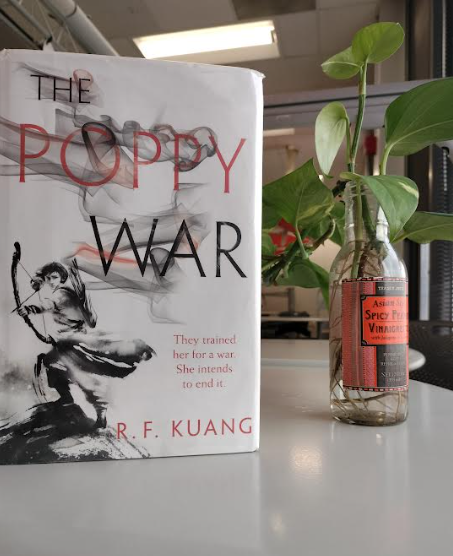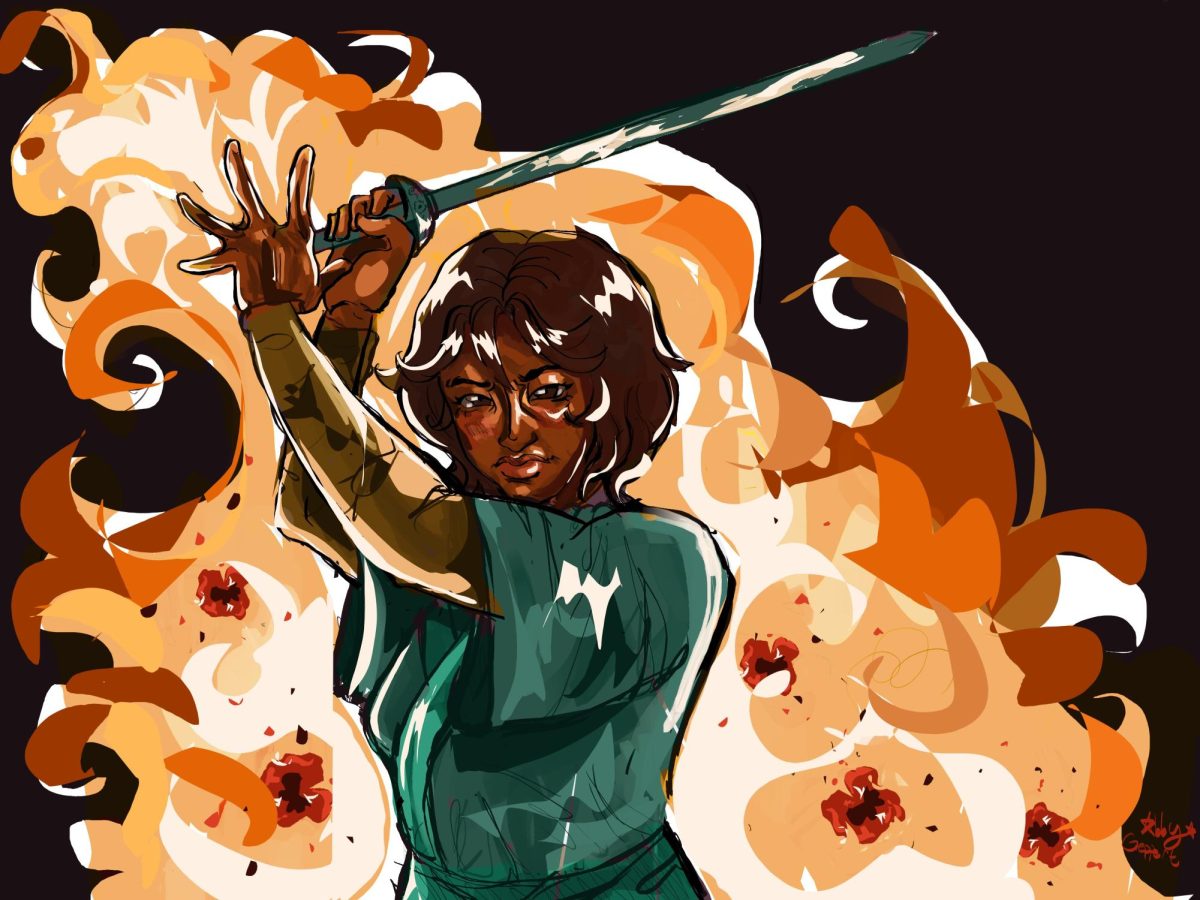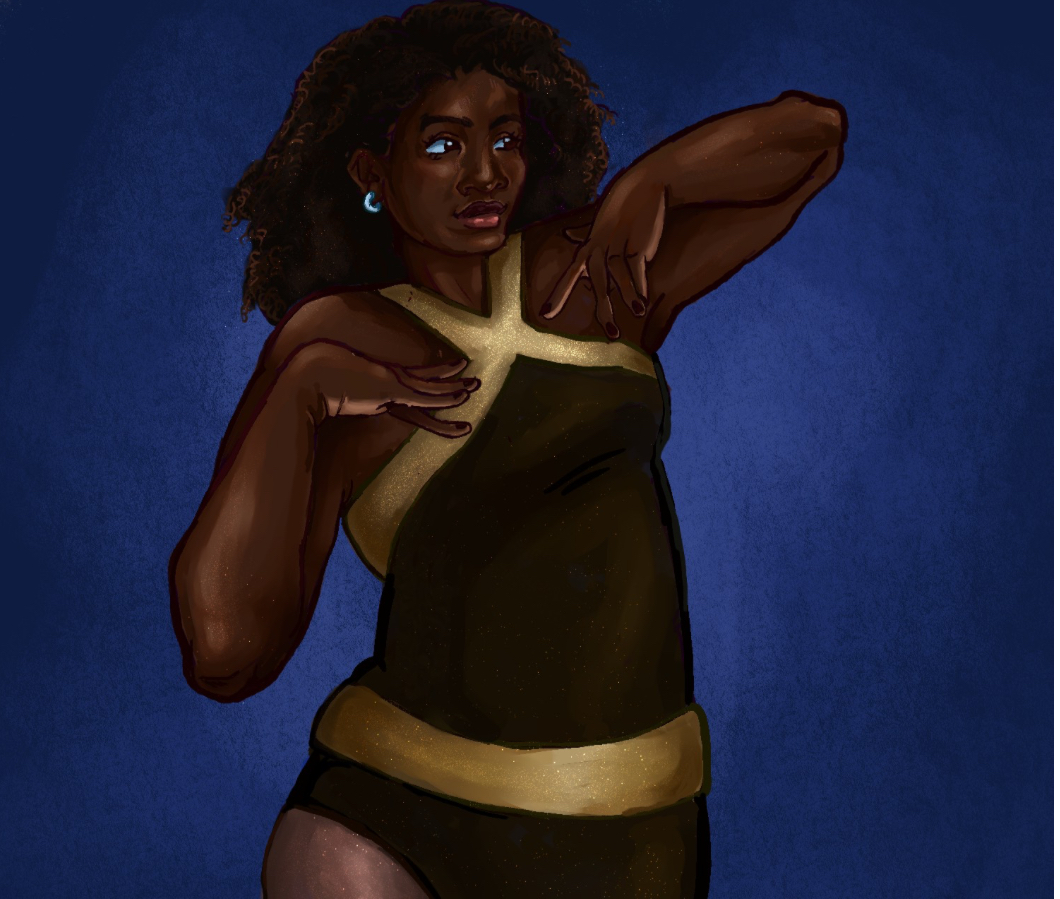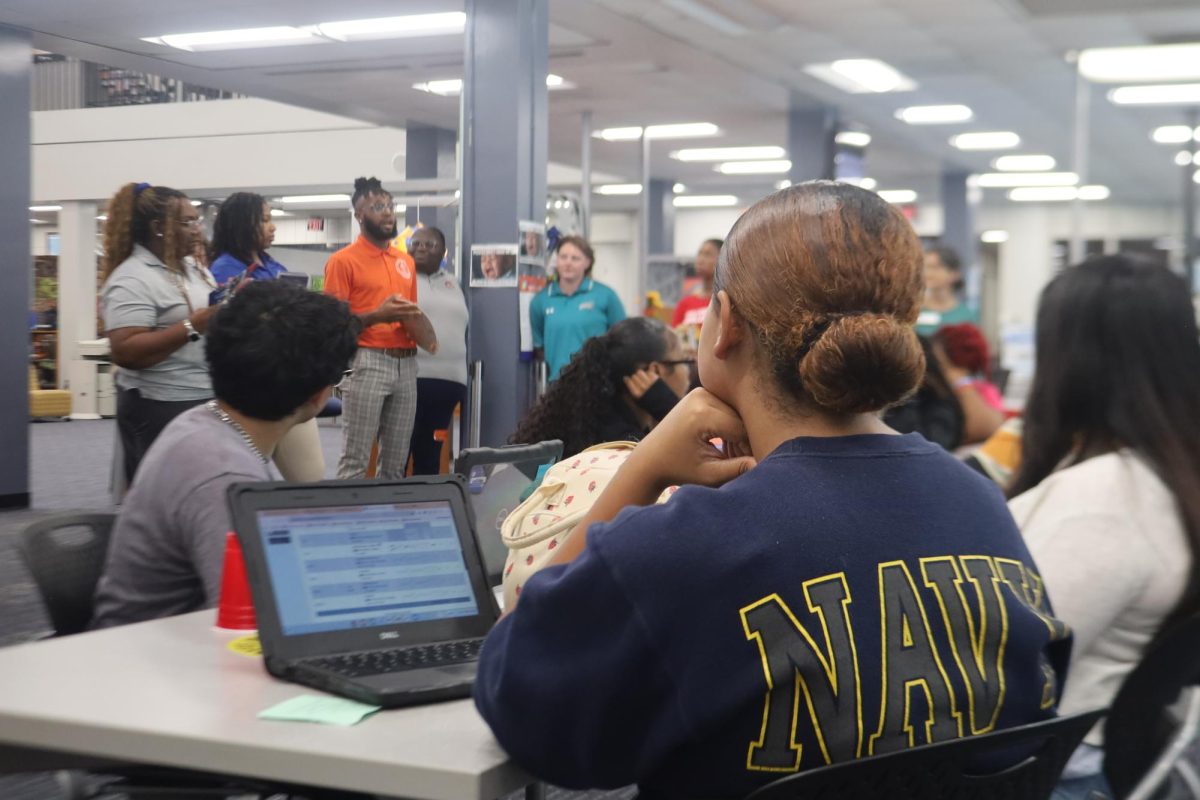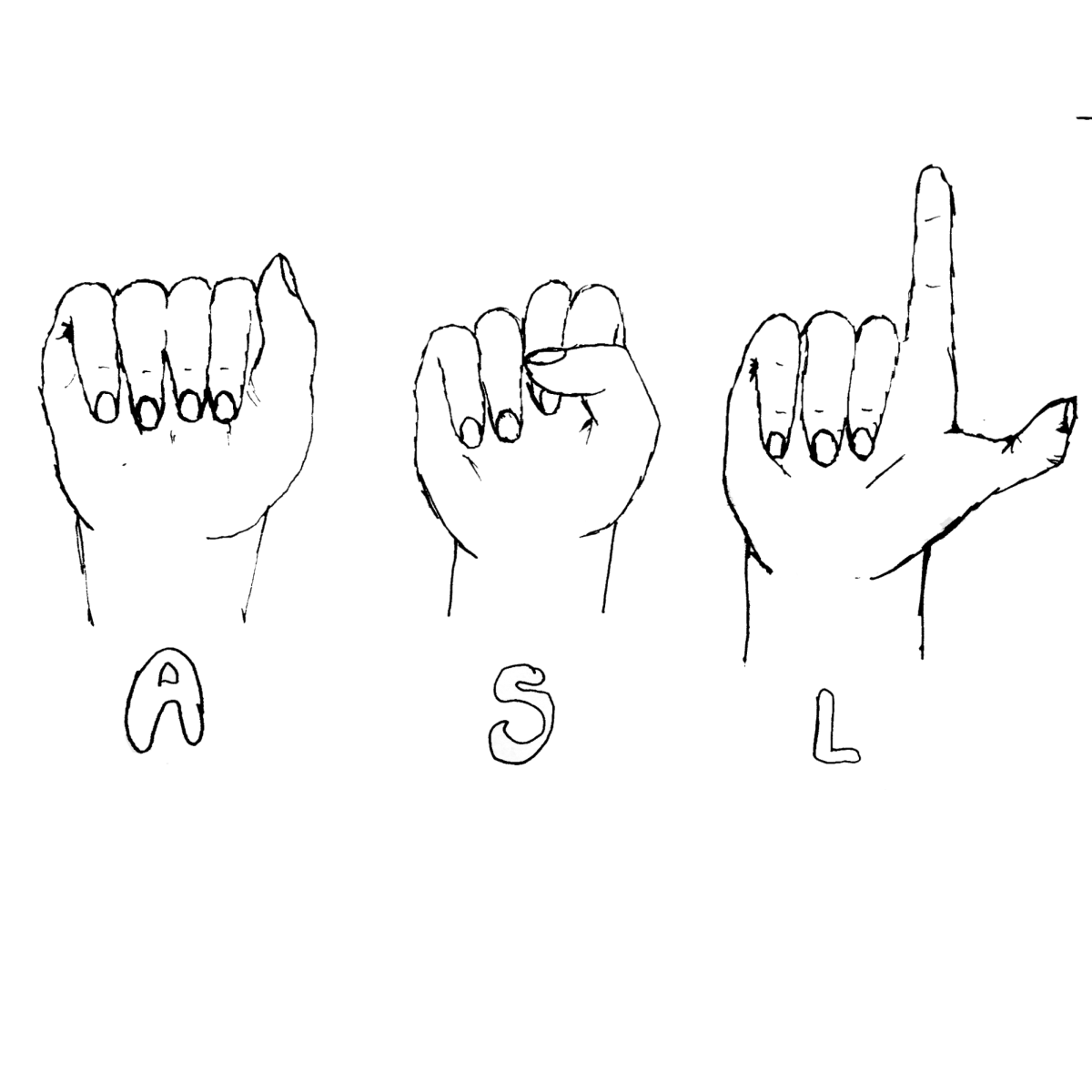*Spolier Alert: This article reveals different aspects of The Poppy War*
The Poppy War, written by R. F. Kuang, is a historical fantasy book based on the Second Sino-Japanese War. It’s presented as a coming-of-age fantasy novel where the main character, Fang Runin (Rin), defies all odds and gets into the country’s most elite military school. She soon discovers she has incredible powers. As she starts to understand her powers could change the tides of an upcoming war, she’s thrown into the midst of it.
The Poppy War is a beautifully written book. I found myself obsessed with the proud, determined, and fiery main character. Over the course of the book, Rin goes through many changes and obstacles. As she grows up she takes control of her own destiny and shapes it into something seemingly impossible. Rin is power hungry, stubborn, and even cruel at times. This made her a breath of fresh air. Through her complexities and imperfections Kaung has made a relatable character that the reader cannot help but to be fond of.
The universe Kuang has created is as magical and complex as her characters. The world building is nothing short of extraordinary. The thin veil separating gods and mortals is captivating. Not to mention the intricate mythology woven throughout the pages. Once you set the book down it feels like glimmers of the world’s magic stick to you. The reader watched as reality bent and morphed right before Rin’s eyes. This book, and the world it takes place in, is far more than meets the eye.
Because of this, I was woefully unprepared for what The Poppy War actually entailed.
It is a dark fantasy novel that takes off any rose-colored glasses the reader may have concerning the savagery of war.
The fact that the title “young adult” is placed beside this book is a mistake. When you think young adult, most people think 12 to 18 years old. Imagining a 12 year old reading The Poppy War is horrifying. It was not until I started to read the third part of the book, that it became glaringly obvious that this book had been advertised incorrectly. As magical as Rin’s world is, it is every bit as evil.
As someone who has read book series that have themes of violence and war, such as The Hunger Games or Throne of Glass, the graphic displays of violence absolutely shocked me. I’ve read my fair share of war throughout books, but Kuang shows the evil humans are capable of in a blunt and unforgiving way.
She gives terrifying insight into the twisted evil and brutality that continuously dances around times of war. When soldiers are trained to see their enemy as subhuman and do not see people, but instead see the likes of animals. Stories and propaganda of monsters are fed to them until they step into that same role. After all, no one cares how cruelly you slay a monster.
Kuang dedicates an entire chapter to graphically describing unimaginable violence against innocent civilians. I needed to skip a few pages because I was not able to read anymore of the content within those scenes. This is not a book someone under 18 should read without a warning. Trigger warnings need to be prioritized for this book in general. A “young adult” should never walk into it blind. The Poppy War needs be considered adult fiction. Adult fiction is marketed towards readers who are 18 and up. The “adult fiction” label itself would give readers a warning before even picking the book up. That is far more than anything The Poppy War gives readers now.
If I found this book at the library a few years ago under the “correct” label, I would have likely picked it out to read. As much as I enjoyed The Poppy War now, it would have been a mistake reading it at a younger age. The Poppy War is a beautifully intricate and cruel story, but all roses have thorns. This rose may be beautiful, but its thorns are unforgiving and its petals are stained with blood.
